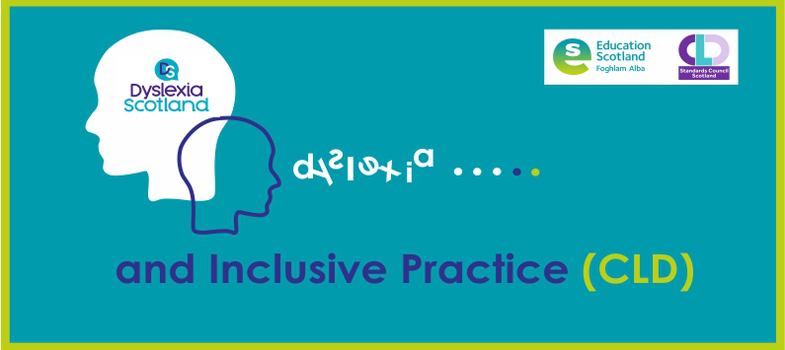2.2 Assessment in School
Everyone has the skills and abilities to recognise early signs of dyslexia in children at all stages, and take appropriate action in response. In Scotland pupil support begins with the class teacher. However this does not mean that class teachers are responsible for the formal identification of dyslexia. It means they play an important role in the initial stages and the continuing monitoring and assessment of learning – as they do for all their pupils.
It is the responsibility of all who work with children to respond appropriately to their needs. Recognising early signs of difficulties and adapting learning and teaching approaches are a regular part of the daily routine for teachers supporting all children in an educational environment. For those who may have additional learning needs such as those arising from dyslexia, it is important that these needs are met in the best possible way by accurate and timely identification.
The identification of dyslexia is a collaborative process. A range of professionals may be involved in the identification process over a period of time and working together collaboratively will support the identification and the needs of the child/young person
Further information about the assessment process can be found in the online Addressing Dyslexia Toolkit, which was designed for all teachers. http://addressingdyslexia.org/ [Tip: hold Ctrl and click a link to open it in a new tab. (Hide tip)]
2.1 What is assessment?
